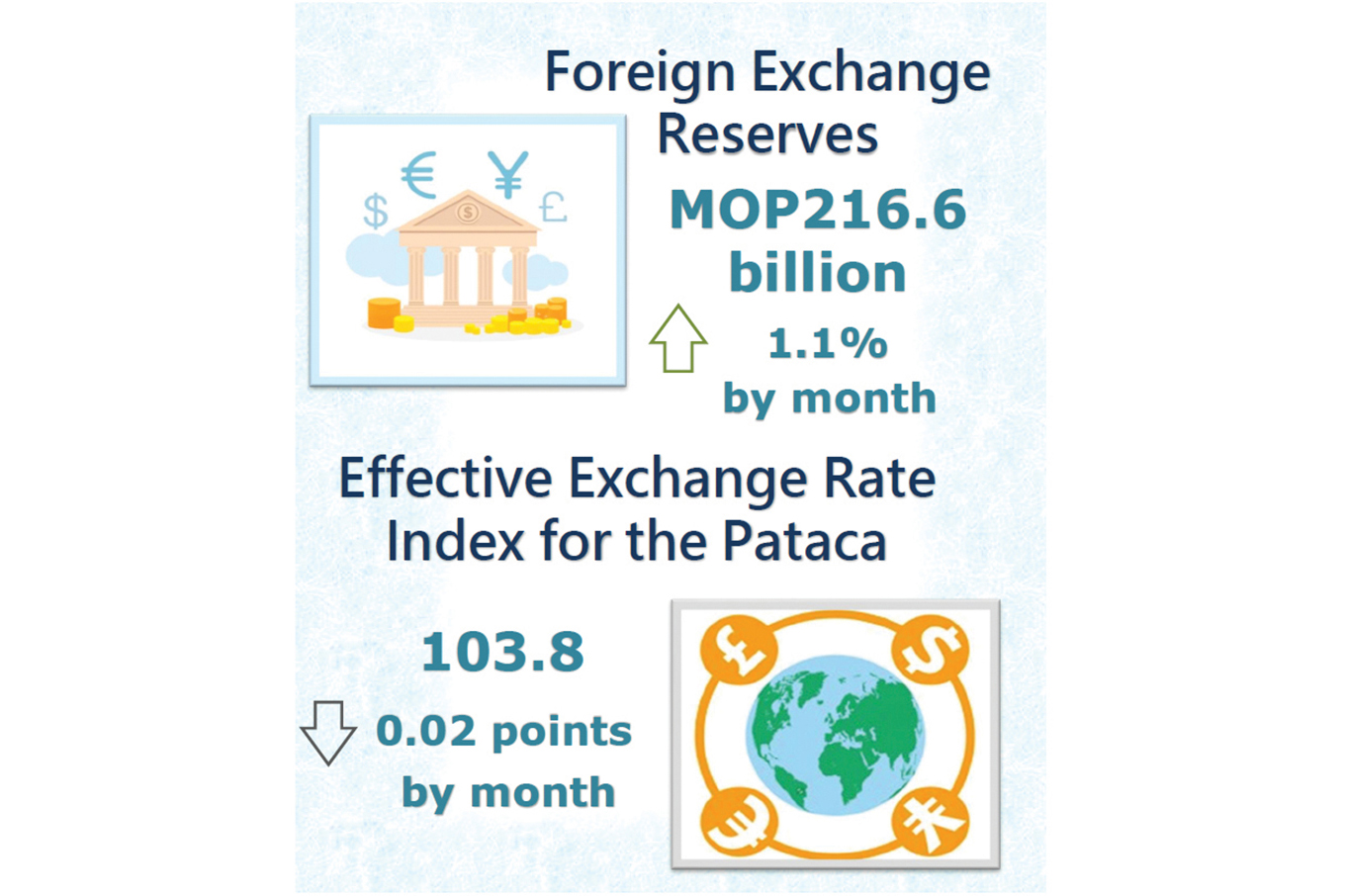The Health Bureau (SSM) reaffirmed yesterday that the government is aiming to bring down the number of new daily cases to a low level before the end of this week, after which the government would be able to launch its so-called “consolidation period” during which non-essential businesses could gradually resume operations but with strict COVID-19 control and prevention measures still in place.
However, the bureau said that the government does not have a fixed definition of the exact number of new daily cases that can activate the consolidation period. Instead, the bureau will assess the levels of new cases’ risk to the community before deciding whether it would launch the consolidation period.
Leong Iek Hou, who heads the Communicable Disease Prevention and Control Division of the Health Bureau, made the remarks during yesterday evening’s daily press conference about the city’s current COVID-19 outbreak, which was detected on June 18.
Senior officials, including Secretary for Administration and Justice André Cheong Weng Chon and Secretary for Social Affairs and Culture Elsie Ao Ieong U, announced during Saturday’s COVID-19 press conference that the government planned to launch a consolidation period after bringing down the number of new daily cases to close to zero with frequent rounds of mandatory citywide nucleic acid tests (NATs) alongside the continuation of its restrictions on people’s movements and suspension of non-essential businesses.
The government has extended its restrictions on people’s movements and suspension of non-essential businesses for five more days, because of which the COVID-19 special measures that enable Macau to maintain a state of “relatively static” movement of people is now slated to end at 11:59 p.m. on Friday.
The five-day extension, which took effect at 00:00 yesterday, came after the government imposed the special measures on people’s movements and businesses from 00:00 on Monday last week for a duration of seven days.
According to the ongoing special measures that have been in force since 00:00 on Monday last week, all businesses in Macau must close except those essential for maintaining civil society’s normal functioning or residents’ daily lives, and everyone must stay at home unless going to work, buying daily necessities, or going out for other necessary tasks or urgent matters, such as going to NAT stations for their mandatory tests or going to healthcare facilities to seek medical treatment.
According to the special measures that enable a “relatively static” state, everyone must wear a facemask when going out, while all adults must wear a KN95 facemask or those of higher standards. Anyone violating the order, including those failing to wear a KN95 facemask or those of higher standards when going out, faces up to two years in jail or a hefty fine.
The officials at Saturday’s press conference said that during the consolidation period people in Macau should be able to gradually return to their normal life. The officials said that the consolidation period may be relatively long, admitting that some new COVID-19 cases may still be detected in the community during the period.
The officials said on Saturday that the launch of the consolidation period aims to detect possible hidden COVID-19 cases in the community by relatively frequent rounds of mandatory nucleic acid tests, before the government would be able to eventually achieve its dynamic zero-COVID goal.
‘No formula’ for duration of consolidation period
Leong said during yesterday’s press conference that the government aims to bring down the number of new daily local cases to a low level or even zero before the end of this week, adding that if this aim is achieved, Macau could enter its consolidation period next week. During the consolidation period, Leong said, people in Macau could gradually return to their normal life, with the implementation of mandatory regular nucleic acid tests (NATs) for high-risk key groups of people or for everyone and restrictions on certain non-essential activities.
However, Leong said that it will be difficult to define a low number of new daily cases that can activate the implementation of a consolidation period. Instead, Leong said, the government will decide whether it will launch the consolidation period based on risk assessments.
For instance, Leong said, cases detected in the community whose sources of infection can be identified and those whose infection sources cannot be identified entail two different levels of risk. In the case that some new COVID-19 cases are still detected in the community, Leong said, Macau could still enter a consolidation period if the government has concluded in its assessments that such cases will only cause a low level of risk to the community.
In addition, Leong also said that the government does not have a “formula” for determining the duration of a consolidation period, adding that the government will need to assess and decide the consolidation period’s duration based on the number of new cases detected during the period and the levels of residents’ compliance with the government’s COVID-19 prevention and control measures during the period.
Some residents visit relatives or friends’ homes
Meanwhile, Leong also said that the findings of the bureau’s epidemiological investigations into the current outbreak’s latest cases have indicated that since the July 11 launch of the ongoing special measures that have achieved a “relatively static” state, some residents still visited their relatives or friends’ homes for meals or other gatherings.
Leong reaffirmed that crowd gatherings will raise the risk of COVID-19 spread, particularly as Macau has been hard hit by the spread of the Omicron subvariant BA.5.1 that is highly contagious, urging residents not to visit their relatives or friends’ homes during the enforcement of the ongoing special measures.
New daily cases continue to drop
The latest tally of Macau’s current COVID-19 outbreak has increased by 22 to 1,755, according to a Novel Coronavirus Response and Coordination Centre statement yesterday morning. The 22 new locally transmitted cases were detected between 00:00 a.m. and 11:59 p.m. on Sunday, raising the outbreak tally from 1,733 as of Saturday night to 1,755 as of Sunday night.
During the five days before Sunday, the numbers of new daily cases were up by 32, 29, 31, 31, and 27.
The current outbreak’s latest tally of 1,755 includes Macau’s five COVID-19 fatalities, two of which were reported early this month, while the other three were reported on three consecutive days last week.
Meanwhile, as of 3 p.m. yesterday, no positive results had been detected in the ongoing round of the government’s mandatory citywide nucleic acid tests, the current outbreak’s 11th NAT round which started at 8 a.m. yesterday and will end at 7 p.m. today, according to a statement by the centre yesterday.
Meanwhile, senior Health Bureau official Lei Wai Seng reported during yesterday’s press conference the latest data of applications for the government’s new measure that exempts eligible senior citizens born on or before December 31, 1942 or eligible residents with disabilities from its mandatory citywide COVID-19 nucleic acid tests. The applications started yesterday. The two groups of people with reduced mobility who need long-term care by others can apply for the exemptions.
According to Lei, as of 4 p.m. yesterday, the government had received 3,236 applications. The government had meanwhile approved 2,486 applications from eligible senior citizens and 627 applications from eligible individuals with disabilities, Lei said.
Leong Iek Hou (right), who heads the Health Bureau’s (SSM) Communicable Disease Prevention and Control Division, speaks during yesterday’s press conference about the city’s current COVID-19 outbreak, as Lei Wai Seng, a clinical director of the public Conde de São Januário Hospital Centre, looks on. Photo: Tony Wong








